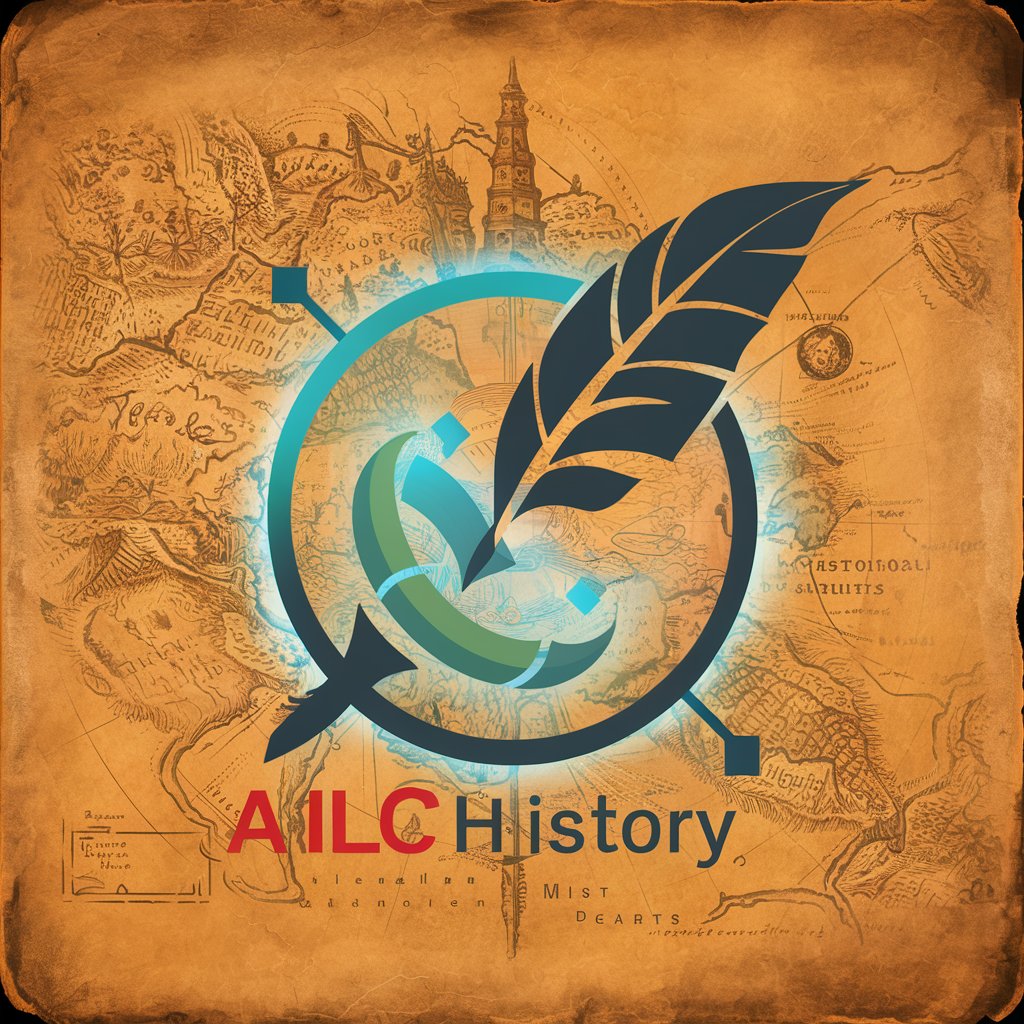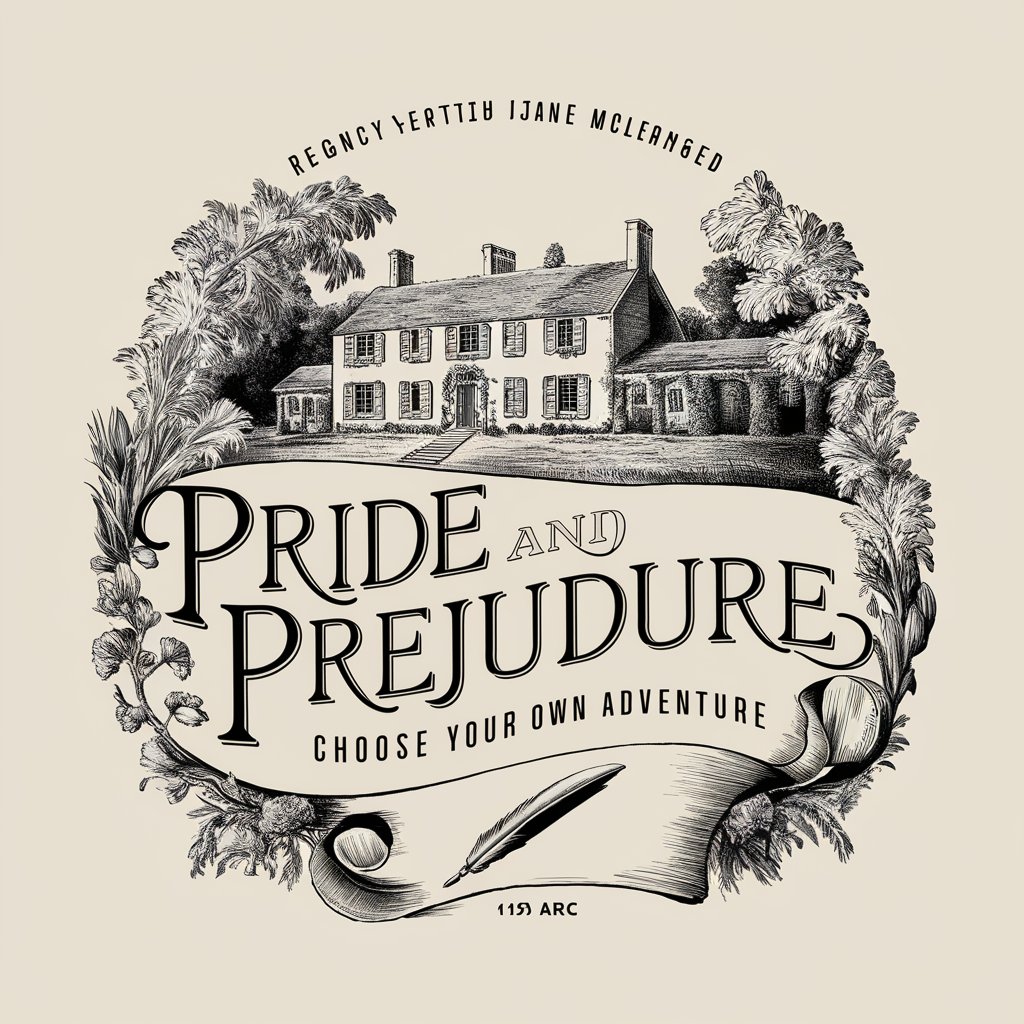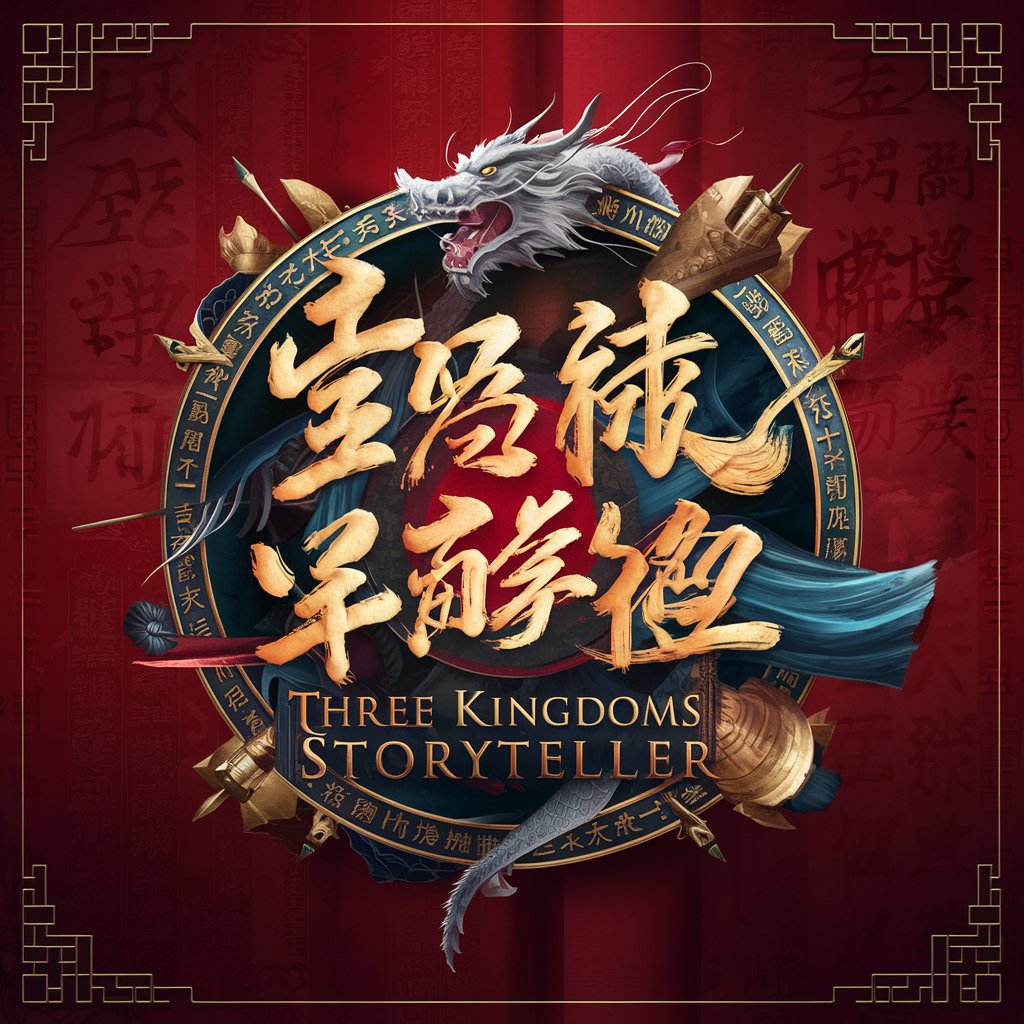6 GPTs for Historical Storytelling Powered by AI for Free of 2026
AI GPTs for Historical Storytelling refer to specialized implementations of Generative Pre-trained Transformers that are tailored to generate, analyze, and interact with content rooted in historical contexts. These AI models are adept at understanding and crafting narratives that adhere to historical accuracy, context, and thematic relevance, making them invaluable tools for educators, historians, and storytellers seeking to engage with the past through a modern, interactive medium.
Top 6 GPTs for Historical Storytelling are: AILC History,Furina,Narrative Builder,Pride and Prejudice,Nostalgia Curator,Three Kingdoms Storyteller
AILC History
Bringing History to Life with AI

Furina
Unveiling Centuries of Stories with AI

Narrative Builder
Bringing Stories to Life with AI

Pride and Prejudice
Relive Austen's World with AI

Nostalgia Curator
Revive the past with AI-powered nostalgia.

Three Kingdoms Storyteller
Craft Your Saga in the Three Kingdoms

Essential Characteristics of Historical AI Tools
AI GPTs designed for Historical Storytelling boast a unique set of features including adaptability to various historical contexts, language understanding that encompasses ancient to modern dialects, technical support for integrating various data sources, web searching for factual verification, image creation aligned with historical accuracy, and sophisticated data analysis to uncover trends and patterns in historical narratives.
Who Benefits from Historical AI Narratives
These AI tools cater to a wide audience, including history enthusiasts, educators, digital humanities researchers, content creators, and developers. They offer an intuitive interface for individuals without programming background, while also providing robust customization options for developers or professionals looking to integrate these tools into more complex systems or workflows.
Try Our other AI GPTs tools for Free
Social Media Storytelling
Explore the world of AI GPTs for Social Media Storytelling – the cutting-edge tools transforming how we create, share, and engage with stories online.
个人成长指导
Discover AI GPTs for 个人成长指导 – your personalized AI companion for guidance in personal and professional growth. Tailored, intuitive, and versatile for all users.
情感关系解析
Discover AI GPTs for 情感关系解析: advanced tools designed to decode complex emotional dynamics in communication, offering invaluable insights in various professional fields.
职业发展规划
Discover how AI GPTs revolutionize career development planning with personalized advice, industry insights, and seamless integration for users at all professional stages.
精神和心灵探索
Explore the transformative power of AI GPTs in Spiritual and Mental Exploration. These tools offer empathetic guidance and support, tailored to your journey in personal growth and well-being.
日常决策辅助
Discover AI GPTs for 日常决策辅助, your ultimate tool for intelligent, tailored support in everyday decision-making. Versatile, user-friendly, and adaptable, these tools revolutionize how we approach daily tasks and complex scenarios.
Expanding Perspectives with AI in History
AI GPTs for Historical Storytelling offer transformative potential across various sectors. These tools not only make history accessible and engaging but also integrate seamlessly with existing digital infrastructures, providing intuitive interfaces for users and enhancing the exploration of historical narratives through technology.
Frequently Asked Questions
What are AI GPTs for Historical Storytelling?
AI GPTs for Historical Storytelling are specialized AI models designed to generate, interact with, and analyze content that is deeply rooted in historical contexts, offering accurate and contextually relevant narratives.
Who can use these AI GPTs tools?
They are accessible to a wide audience, from novices and history enthusiasts to professionals like educators, historians, and tech developers, offering user-friendly interfaces for beginners and customizable options for experts.
How do these tools ensure historical accuracy?
These AI models are trained on vast, verified historical data, and are equipped with capabilities to cross-reference and verify facts, ensuring the narratives are aligned with historical accuracy.
Can these AI tools generate historical images?
Yes, many of these AI models include image creation capabilities that can generate visuals in line with historical contexts, assisting in a more immersive storytelling experience.
Are these tools adaptable to different historical periods?
Absolutely, these AI GPTs are versatile and can be adapted to narratives from various historical periods, understanding and generating content relevant to specific times and contexts.
Do I need coding skills to use these AI GPTs?
No, many of these tools are designed with user-friendly interfaces, allowing those without coding skills to use them effectively. However, they also offer programming interfaces for more technical customization.
How can educators benefit from these AI tools?
Educators can use these tools to create engaging, historically accurate content, interactive lessons, and even simulate historical events or figures for educational purposes.
What are the limitations of AI in Historical Storytelling?
While AI GPTs are powerful, they may sometimes lack the nuanced understanding of cultural and human elements that expert human historians provide, and they require careful oversight to prevent the perpetuation of historical inaccuracies or biases.